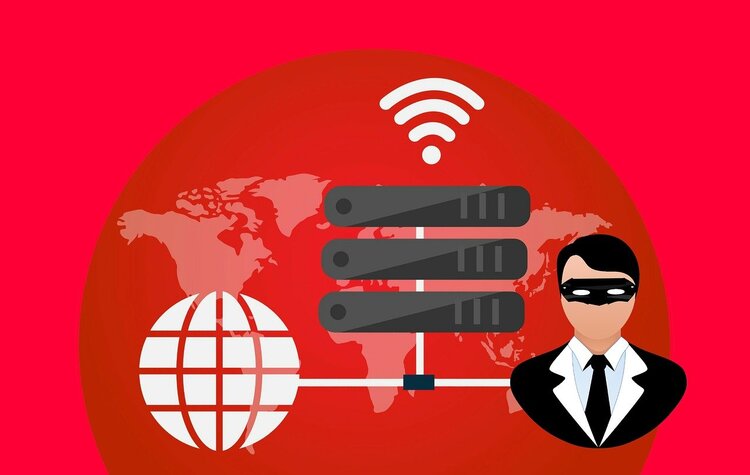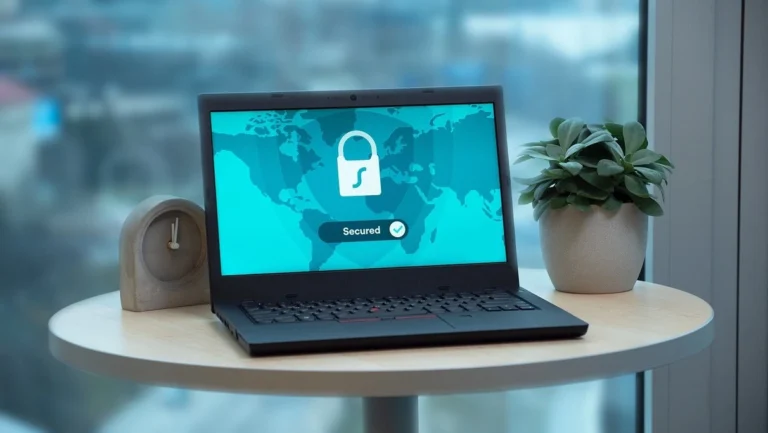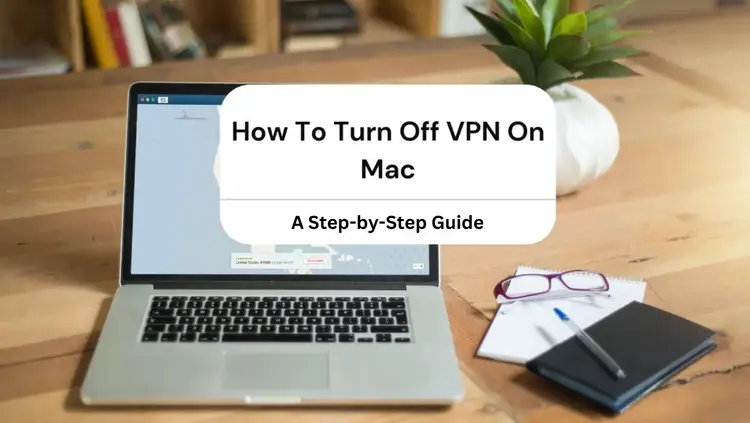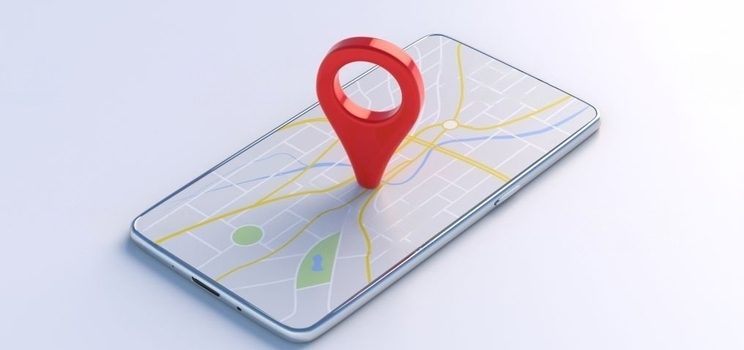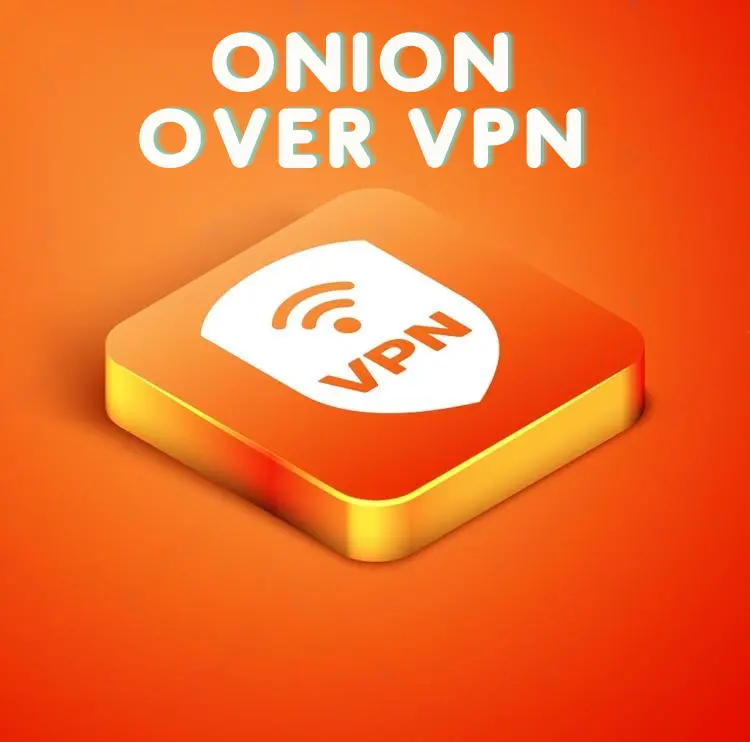Why is a Proxy Better Than a VPN?
A VPN (a virtual private network) creates a tunnel between your device and the internet. It protects privacy, increases security, and unblocks censored websites.
Proxies and VPNs have many similarities, but there are also important differences. Let’s take a closer look at the pros and cons of using either one to secure your web traffic.
Security
In a world where cybercriminals and government agencies are increasingly targeting internet users, it’s important to keep your personal information secure. VPNs encrypt your data, preventing hackers, third-party companies, and government agencies from spying on you as you browse the web.
However, proxy server providers do not encrypt your traffic. That’s why they’re not as secure, and they can also slow down your connection.
A proxy is a remote machine that routes your internet traffic to a host server, masking your IP address and redirecting requests to the website you’re trying to access. It can also help you access blocked content and cache data to speed up common requests.
Both proxies and VPNs mask your IP address, but only a VPN can encrypt your connection from start to finish. This makes them much more secure than a public proxy.
Speed
A proxy is a server that hides your IP address, providing a way to stay anonymous on the internet. It can be used with websites, video-streaming services, and file-sharing programs.
A VPN, on the other hand, acts as a secure tunnel between your device and the internet. It protects your privacy, increases security, and unblocks censored content.
Both proxies and VPNs mask your IP address, but only a VPN will also encrypt your data. This will keep it private from hackers and third-party companies.
The biggest drawback of using a VPN is that it can slow down your internet connection. This can be a problem if you’re trying to download large files.
A proxy is usually the better choice if you want to download large files. However, using it can be more complex and take up a lot of space on your computer. Plus, a proxy may sell your data to third parties.
Convenience
A proxy acts as a gateway between your computer and a host server, which is the site or app you’re trying to access. It’s ideal for basic functions like anonymous web browsing and managing (or circumventing) content restrictions.
A VPN, on the other hand, creates an encrypted tunnel between your device and a remote server operated by a VPN provider. This protects your internet traffic from hackers, third-party companies, and government agencies.
In contrast, a proxy doesn’t protect your data from snoops. It simply masks your IP address, which can be a valuable way to hide your identity and location from certain websites and apps.
Proxies come in several different types, including forward proxies and reverse proxies. In addition, there are SOCKS proxies and transparent proxies.
Cost
Proxies and VPNs both mask your IP address, allowing you to access blocked content and hide your identity online. However, they offer different services and are better for different purposes.
A proxy hides one website or app’s IP address, while a VPN covers all websites and apps. Choosing the right option for you depends on your needs, budget, and use case.
For example, a proxy is the easiest option if you only need to mask one website’s IP address.
But a VPN is the better choice if you want total privacy and security.
A VPN is ideal for business owners who want to protect company data and users from threats. It can also be used to enforce a company’s content policies or access resources on the company network while working remotely.

